Navigating Breast Cancer and Menopause:
Steps you can take
Moments That Count has been developed and funded by Novartis Pharmaceuticals UK Limited and is intended for a UK general public audience.
Steps you can take

Dr Annice Mukherjee is a leading UK hormone expert with over 30 years of experience. Following her own breast cancer diagnosis, she went into menopause at 41. We sat down with her to discuss menopause and breast cancer, including practical tips to holistically manage and improve the symptoms of menopause.
Overall, the two biggest risk factors in breast cancer are increasing age and being a woman. These go hand in hand and as we get older, many breast cancers are driven by accumulating exposure to oestrogen. Although oestrogen levels decrease after menopause, oestrogen is still produced, at lower levels, from our ovaries, fat cells and other sites in our bodies, so there is still a risk of developing breast cancer with increasing age.
Everyone’s symptoms will be different but common symptoms include vasomotor symptoms (hot flushes and sweats), changes in flow of the periods during perimenopause, periods stopping at menopause and genitourinary symptoms (vaginal soreness, pain or itching). Other symptoms may also include brain fog, overwhelm, anxiety, fatigue, muscle and joint aches, and sleep problems.
The difficulty with menopause symptoms is that many of them are non-specific. So, the best way to differentiate them from cancer symptoms is to arm yourself with knowledge through research, reflection, and open conversations with your medical team. This will help you to determine which symptoms are related to your cancer and which ones are related to menopause.
Good simple life habits can have a real impact. Things like good sleep, a healthy diet, reducing alcohol, eliminating smoking and recreational drug intake, regular daily movement and exercise where possible, and self-care and compassion. All these things can reduce the impact of menopause symptoms, such as fatigue, sleep problems and flushes, as well as improve your well-being as you go through treatment.
Medication in isolation doesn’t fix sleep problems, so if you’re having difficulty with your sleep routine, I would highly recommend a few things. For example, reducing caffeine intake and not drinking caffeinated drinks later in the day (because the effects can last several hours and impact your sleep, drinking plenty of water, keeping your room cool before bed, and as best as possible, try to stick to a sleep schedule to avoid too much or too little sleep. Exercise and movement during the day can also help your sleep quality.
For practical everyday advice if you’re experiencing hot flushes, I would suggest minimising hot foods and drinks, planning your day to minimise stress, which can make you feel flustered and bring on a sweat. It’s also helpful to layer your clothes in a way that is easily removable so you can take action to avoid overheating if you feel a flush or sweat coming on.
Personally, exercise is my favourite thing to do. If you’re planning on including exercise in your routine, it’s important to remember to listen to your body and go at your own pace. Do what you enjoy – there are so many different ways to keep active! I started by walking which I very gradually increased, and I now do running and resistance training. You get stronger over time. Heavy resistance training is my HRT!
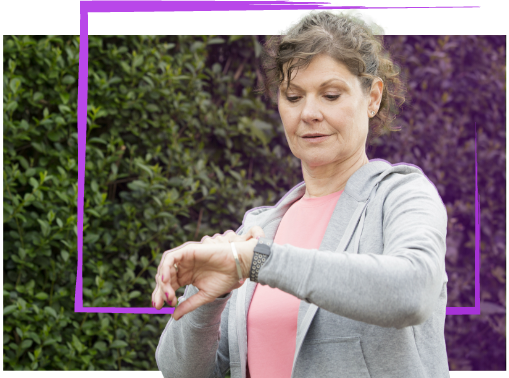
Good simple life habits can have a real impact.
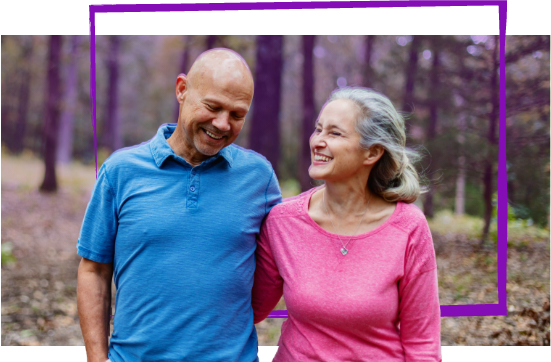
For many women, it's recommended if they are on HRT and are diagnosed with breast cancer that they stop HRT. This is because many breast cancers can be fed by the hormones in HRT. In rare instances, HRT can be restarted, but this is a decision that needs to be discussed with your doctor and your cancer team.
There may be risks of your cancer coming back if you take HRT after breast cancer. And HRT is contraindicated to be taken with some breast cancer treatments. HRT is also not a solution to all symptoms, there are other non-hormonal medications available that can also help, depending on your symptoms.
Friends and family often want to help and have the best intentions, but sometimes people offer unhelpful advice that can even make you feel worse. It can be difficult to explain to people why well-meaning advice about cancer or menopause, often doesn’t help. Try communicating that you would simply like a listening ear or for your loved ones to just be there for you, no advice required! This may help frame how your loved ones can support you.
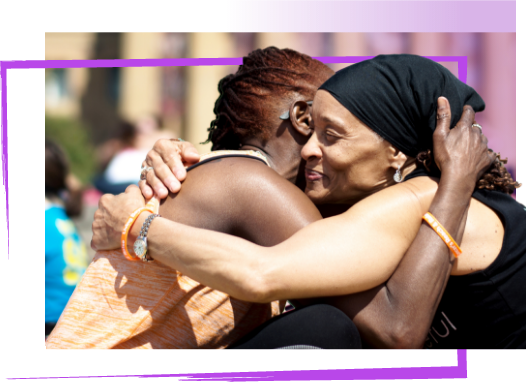
The Complete Guide to the Menopause
My book contains a useful toolkit with guidance on how to prepare for menopause and includes a chapter on my own cancer diagnosis.
Linktree
Your healthcare team is your best resource throughout your treatment. Talk openly and often with them about your doubts, questions and concerns. We have developed a guide to support you in having these conversations with some tips to help you find the information you need.
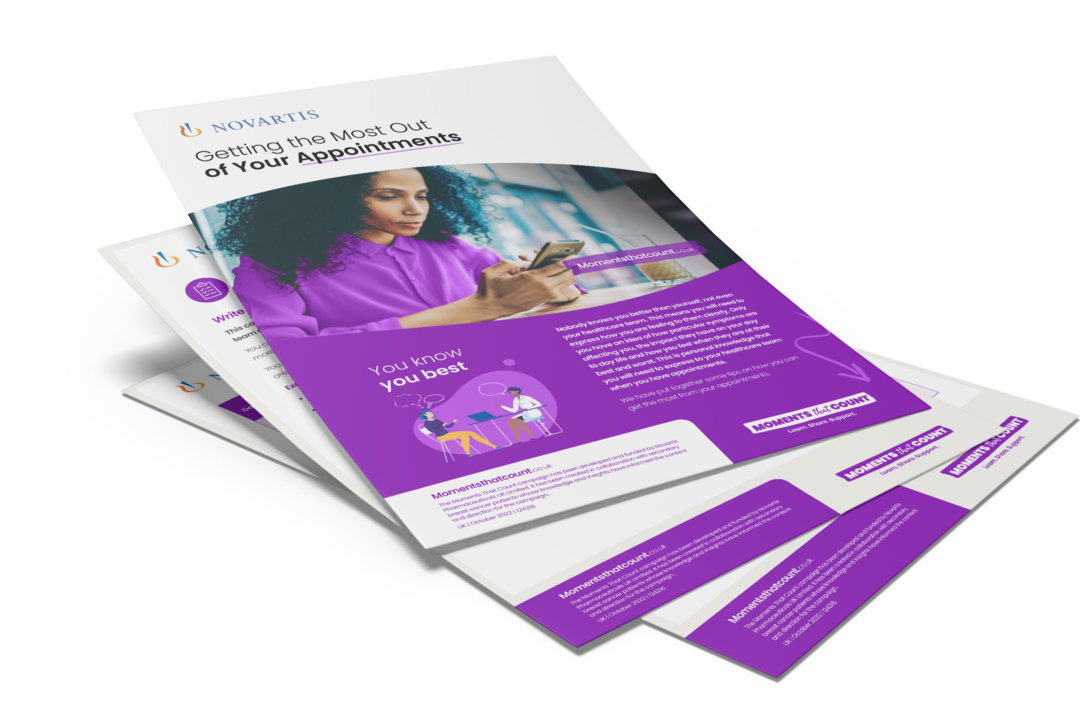
You may also like...
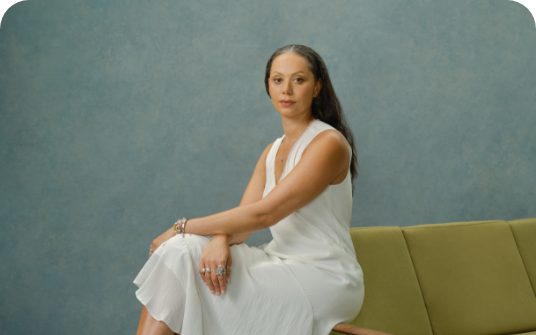
Nina's Story
Nina’s story is one of strength and perseverance, where she demonstrates every day that breast cancer does not define who you are.

Dancing through cancer
Hear from Emily Jenkins, founder of Move Dance Feel as she shares the physical, mental, and emotional benefits of dance, helping women feel empowered and supported.

Living and working with secondary breast cancer
Inspired by her own journey, Barbara Wilson’s Working With Cancer helps people and workplaces navigate cancer’s impact with coaching, training, and supportive resources.
UK | March 2025 | FA-11312689
Moments That Count has been developed and funded by Novartis Pharmaceuticals UK Limited. It has been created in collaboration with secondary breast cancer patients whose knowledge and insights have informed the content and direction for the campaign.
This website is part of a programme that is funded by Novartis Pharmaceuticals UK Limited. Novartis Pharmaceuticals UK Limited is a private limited liability company registered in England and Wales under number 119006. Registered office 2nd Floor, The WestWorks Building, White City Place, 195 Wood Lane, London, W12 7FQ. Use of this website is governed by our Terms of Use and the Cookies and Privacy Policy.
Reporting side-effects
If you get side effects with any medication you are taking, talk to your doctor, pharmacist or nurse. This includes any possible side effects not listed in the information leaflet that comes in the pack. You can report side effects via the Yellow Card Scheme at www.mhra.gov.uk/yellowcard. By reporting side effects, you can help provide more information on the safety of your medication.
©2024 Novartis Pharmaceuticals UK Ltd - UK | April 2025 | 124182-5 This site is intended for a UK general public audience.
